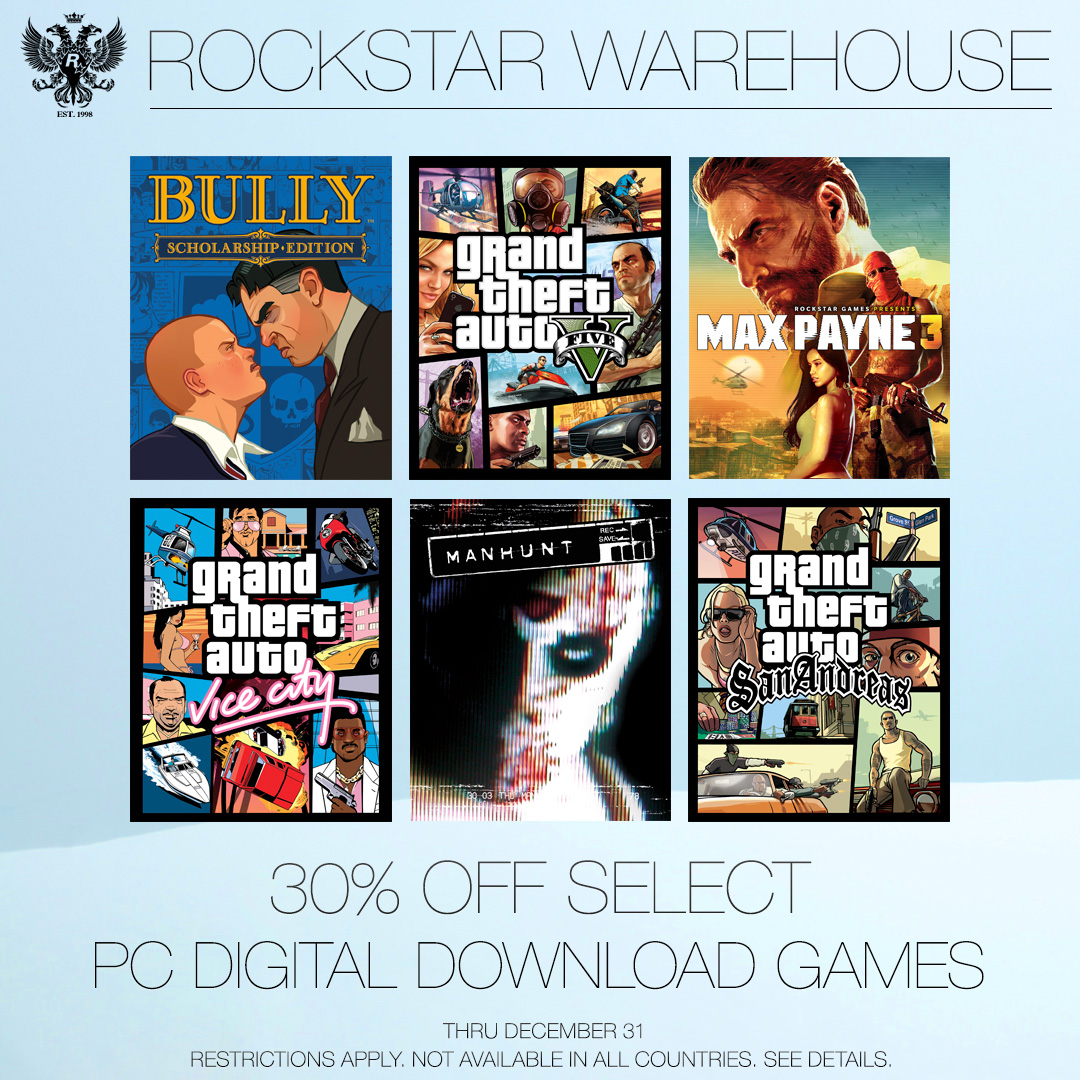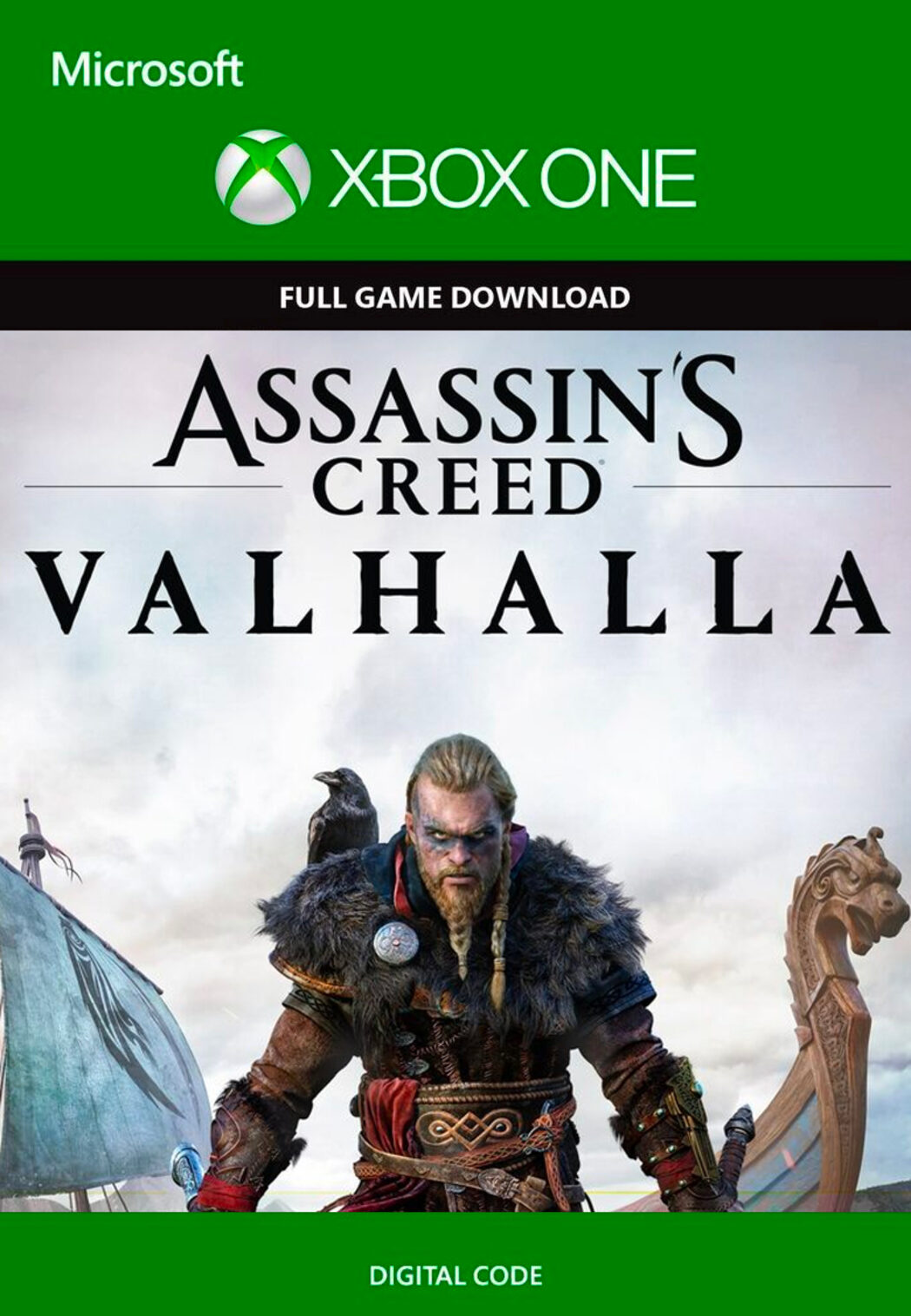

In that situation, the publisher has almost zero control. It might run promotional campaigns that raise used game consumer margins from 25 percent to 50 percent, in much the same way these companies drastically reduce the price of certain games in sales, or even give them away for short periods of time.Įither way, it’s clear that this system is a long way away from whatever you’re doing right now with boxed games. On the other hand, the publisher might view used game sales as such a fresh source of revenue. So, the publisher can control when games can be sold secondhand, and might decided to wait until a product is effectively dead, or almost worthless. And at Greed圜orp, accountants generally get what they want. The accountants don’t want you buying the “used” game, when you ought to be buying the exact same “new” game.
Buy digital games for pc code#
And because the “used” game is a bag of code that is in exactly the same form as the new game, this counts, surely, as a potential loss. They are only getting 70 percent for the used game, instead of the higher margin of 95 percent they get from the new game. It employs clever devils called accountants. The publisher isn’t called Greed圜orp for nothing. Let the Wall Street bells ring pecuniary peals of joy.īut, wait. Meanwhile, the publisher and the retailer, are being paid twice, for the same game. You are playing more games for less money. You can spend it on another game, which can, in turn, be sold on. It’s money you wouldn’t otherwise have had. And this seems even worse than GameStop on a bad day.īut to take a more Pollyanna view, you don’t really “own” the game. Robot Cache takes its standard five percent.Īlready, you might be thinking, “This blows, I’m only getting $2.50 for something that is demonstrably worth $10.” We all know that feeling of getting far less for our games than we think they’re worth. Let’s say Greed圜orp is wonderfully into the idea of used games.

If you decide to sell your copy of Bingo Bloggins 4 for $10, the publisher of Bingo Bloggins 4 (let’s just call them Greed圜orp) has to be signed up to Robot Cache, and must be hunky dory about the whole deal.

The code cannot be sold on, at least, not legally, without the publisher’s permission. They are lumps of code that are owned and controlled by the publishers of the games, and their retail partners. Digital games can’t be stuffed into a bag and hauled down to Main Street. And not being much of a collector, I’d love to magic them away in exchange for cash or game tokens.īut there’s an enormous anchor tied to this concept, hefty enough to sink the whole exercise: The publishers still own the games. So, any system in which I can accrue value from my old games has to be a good thing, right? I have a lot of games in my digital collections that I no longer play. Traditional game retailers use the same system that works for every other durable, shareable product in the world, from books to automobiles. More than half of GameStop’s retail business is based on used games. Many of us have spent years funding our games collections by selling used boxed games, either to pals or to retailers, in exchange for credit or cash. Robot Cache’s mascot, as shown in its recent White Paper So far, Fargo has managed to persuade a small number of publishers to get on board, including 505 Games, Paradox and THQ Nordic. It operates using a mixture of cash, cryptocurrencies and in-store credits. In the simplest possible terms, it’s like Steam, except you get to resell the games you buy. For him, blockchain is the key to something gamers could really use: resale of digital games.įargo’s new thing is called Robot Cache, announced at the beginning of this year, and due to be launched by the end of the year. It’s the potential to track digital transactions. But it’s not the tech itself that animates Fargo. “I’ve drunk the Kool Aid,” he told his audience at GamesBeat last month. Right now, his big thing is blockchain, a decentralized ledger and the technology behind Bitcoin and other cryptocurrencies, with (so far) unhackable security. He loves to talk, most especially about whatever it is he’s obsessing over at the moment. His love of games, in which chat and personality play a big part, will come as no surprise to anyone who has spent time with him.
Buy digital games for pc series#
On stage at a recent games business event, he crooned to an avid audience on the Next Big Thing in gaming.įargo is best known for founding Interplay and InXile, companies that brought us role-playing series like Wasteland and The Bard’s Tale. In real life, RPG guru Brian Fargo ranks a star-12 in the silver-tongued persuasion attribute.


 0 kommentar(er)
0 kommentar(er)
